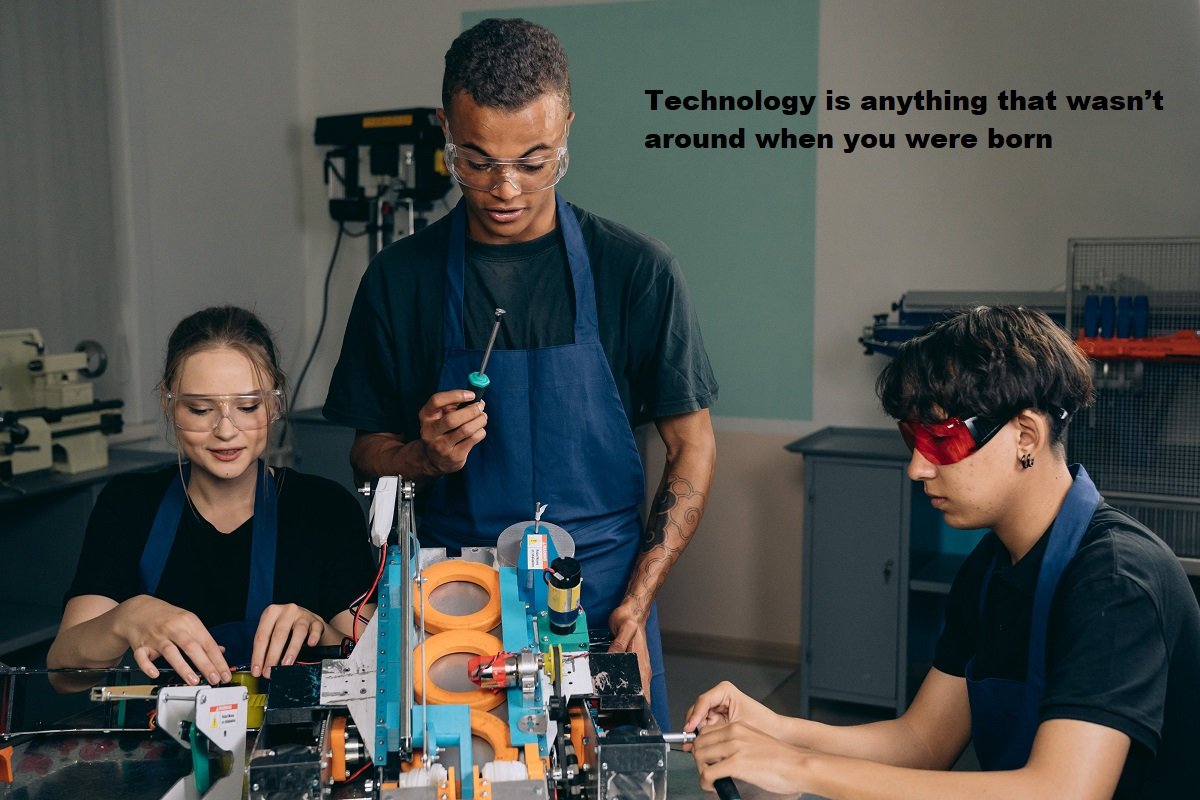The tech world in the next ten years will be influenced by key Tech Trends and developments that are expected to have a profound impact.
The realm of technology is constantly evolving, and one thing remains certain: change is an ongoing process. As we gaze into the future of the next decade, it becomes apparent that the world of technology is ready for swift and revolutionary expansion. With the advent of artificial intelligence (AI) and renewable energy, the forthcoming technological progressions hold the potential to profoundly reshape our existence.
In this article, I will show you how tech trends perform next 10 year to help you to achieve your goal.
12 Tech Trends
1] Artificial Intelligence (AI) and Machine Learning (ML)
All know about Artificial Intelligence how work this time and all people need this AI change to implement in their business to make production fast and reduce the time and cost effectively. Continued advancements in AI and ML were expected to impact various industries, from healthcare and finance to manufacturing and customer service.
2] Edge Computing
Edge computing involves processing data closer to the source of generation, reducing latency and improving efficiency. This was expected to become increasingly important as more devices connect to the internet. Now a day data processing is most important part in any business, If you get proper data form this process then you are the top of the business. This methodology holds the potential to minimize latency and enhance real-time decision-making capabilities across a wide array of applications, including IoT, autonomous vehicles, smart cities, and healthcare diagnostics.
3] 5G Technology
Past some year, people use internet very fast and also internet provider make major update on this field, The rollout of 5G networks was anticipated to bring faster internet speeds, lower latency, and enable the proliferation of connected devices, leading to advancements in fields like IoT (Internet of Things), augmented reality, and virtual reality.
4] Quantum Computing
While still in its early stages, quantum computing held the potential to revolutionize computing power and solve complex problems that are currently beyond the capabilities of classical computers. Quantum computers possess the ability to execute specific computations at a significantly accelerated pace compared to classical computers. This attribute renders them highly suitable for tasks that entail processing extensive data sets or intricate mathematical calculations.
5] Blockchain and Decentralized Technologies
Beyond cryptocurrencies, blockchain technology was expected to find applications in various industries, such as supply chain management, healthcare, and secure data sharing. Decentralization in the context of blockchain pertains to the shift of control and decision-making power from a centralized entity, be it an individual, organization, or a group, to a distributed network. The primary objective of decentralized networks is to minimize the reliance on trust among participants and discourage any attempts to exercise dominance or influence that could potentially undermine the network’s functionality.
6] Cybersecurity Advancements
As technology evolves, other security issue appear by default at time you need proper security management on your business, so do cybersecurity threats. Innovations in Cybersecurity technologies were expected to play a crucial role in protecting digital assets and privacy.
Related : Cybersecurity in the Age of Digital Transformation
7] Augmented Reality (AR) and Virtual Reality (VR):
These technologies were expected to find broader applications, not only in gaming and entertainment but also in education, healthcare, and remote collaboration. AR is also implement various fiend now and VR is ready to rollout many big company and other entertainment platform.
8] Biotechnology and Bioinformatics
Advances in biotechnology, gene editing, and bioinformatics were expected to revolutionize healthcare, agriculture, and environmental science. Bioinformatics is an emerging discipline within biotechnology that amalgamates biological research, molecular biology, and genetics with computational science, mathematics, and statistics. It can be further extended and referred to as ‘Biological Informatics‘.
9] Autonomous Vehicles
Autonomous vehicles (AVs) employ advanced technology to partially or completely substitute the human driver in guiding a vehicle from its starting point to a desired destination Self-Driving Car, all while adeptly evading road hazards and adapting to traffic conditions. Presently, numerous companies are actively engaged in developing and integrating this cutting-edge technology. Consequently, the future of autonomous vehicles appears promising, with significant advancements anticipated within the next decade.
10] Sustainable Technologies
With a growing focus on environmental sustainability, technologies aimed at addressing climate change and promoting clean energy were expected to gain prominence. Sustainable IT encompasses the utilization of information technology in a manner that minimizes its ecological footprint and enhances its long-term viability. It entails employing a range of tactics and approaches to decrease energy usage, limit waste generation, and foster environmentally conscious decision-making within the IT sector.
11] Human Augmentation
Developments in wearable devices, implants, and other technologies aimed at enhancing human capabilities were expected to become more prevalent. Human augmentation refers to the utilization of technologies that enhance the abilities of individuals. These technologies primarily aim to enhance human performance, well-being, and overall quality of life. Prominent instances of human augmentation technology include devices like cochlear implants and robotic limbs. However, human augmentation also encompasses the collaboration between humans and machines, as evidenced by the expanding applications and capabilities of artificial intelligence (AI).
12] Smart Cities
The integration of technology to improve urban living, including IoT devices, data analytics, and automation, was expected to contribute to the development of smart cities. A smart city refers to a local government that leverages information and communication technologies (ICT) to enhance operational effectiveness, disseminate information to the public, and enhance the quality of government services and citizen well-being.
So, above all Tech Trends is ready to implement and make major change next 10 year in your lives. so if you ready to accept this Tech Trends in your running project and work then you are up then other people who not know this tech changes. Use this Tech Trend is also harmful for other reason so use as you need and also know pros and cons for this new technology.

